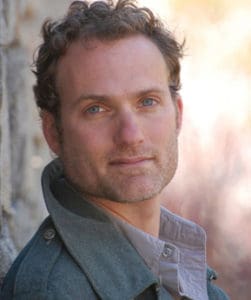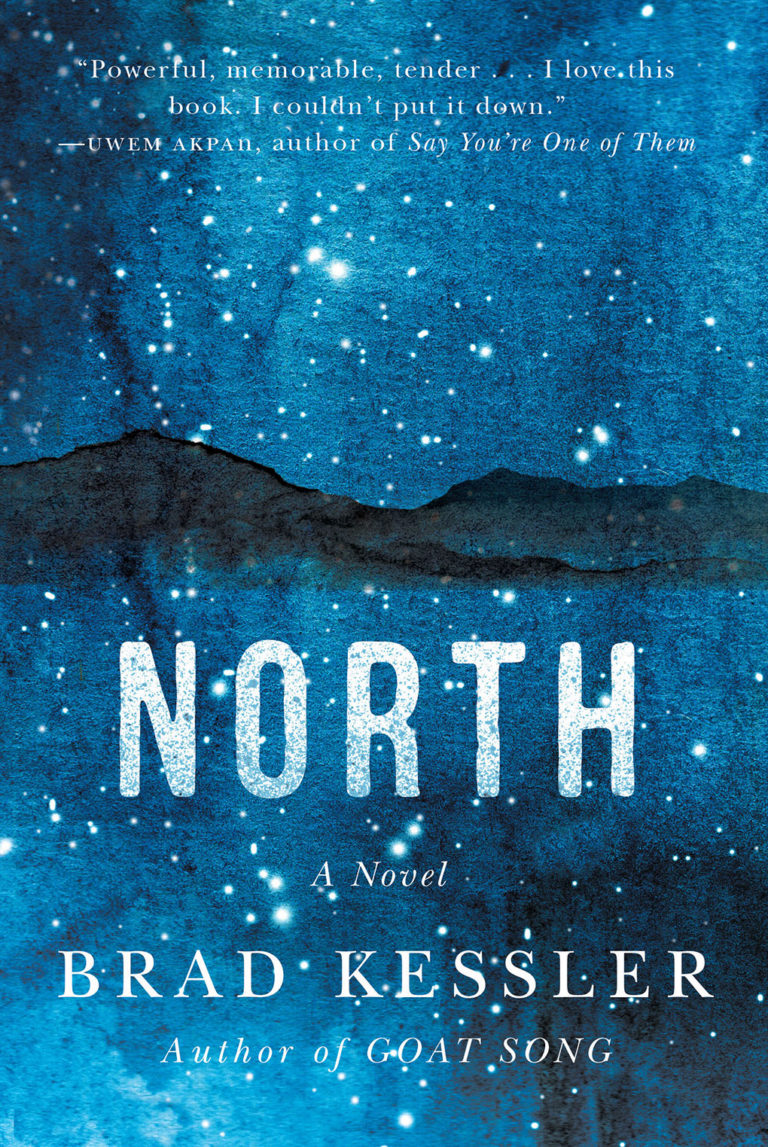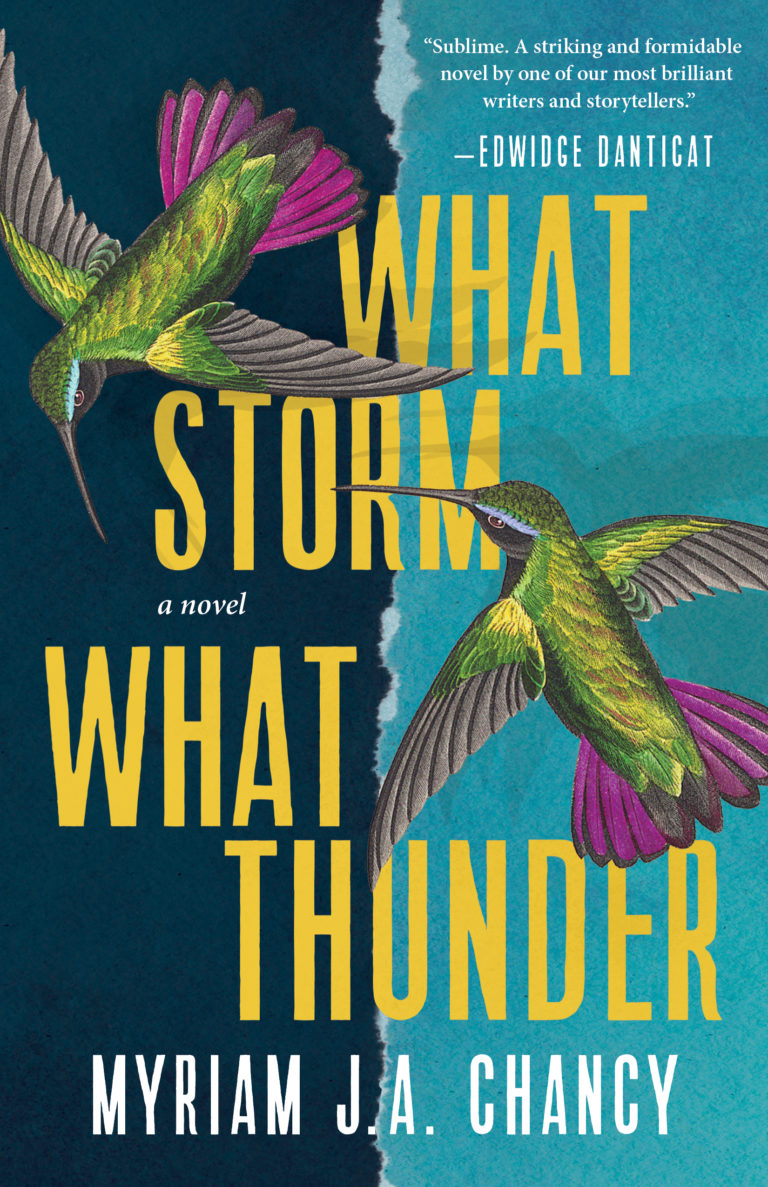“My Aeschylus” by Jim Shepard is, on the surface, about a man—ok, in this case one of the great playwrights of Ancient Greece—and his relationship with his brother. But it is really an exploration of the mysticism behind the artistic mind, inherent in the wonder of creation; the magical ways in which these things can come upon a person; and the ways in which, once there, they can challenge that person’s role in the world, act as a curse, bring confusion and consternation to those closest to him. It’s about the weight of responsibility that comes with being able to reach something beyond what others are able to see.
The best short stories are simultaneously the least understandable and most fully felt. They hits us with undeniable force, a concrete impact, but why they do, how they cause us such hurt or buoy us or knock us flat isn’t immediately clear. They operate like a kind of magic. They are mystical experiences. And I know of no story that works upon me in this way more powerfully than “My Aeschylus,” certainly none that, in doing so, uses the mysticism and discomforting strangeness of the story-making mind to make its own shape.
But, of course, magic is, in the end, a man-made thing, and so I am equally awed by the mastery of craft that Shepard shows here: the use of a single dramatic present moment to anchor a story built on memories going all the way back to the narrator’s first encounters with language; the way each moment spent in the narrator’s past deepens and complicates our emotional commitment to the present drama to which we keep returning; the seamless use of historical research that never feels like research, that manages to make the unfamiliar achingly immediate, to take a time wholly unlike our own and make it feel wholly unlike anything that could be mere history.
This is one of the things I look for in a short story: the ability to rip me from my own world, my own life, and sink me so deeply, so quickly, into another that I live there until the story’s done. Another thing I look for is how well an author uses the freedom of the form to take risks, break with norms. Shepard’s work feels daring to me in all ways—emotionally, intellectually, narratively, even simply in his use of language. Look at how he uses questions, thrown at the reader in a sudden, unexpected barrage:
Who knows me better than my brother Kynegeiros? Who’s looked after me with more care? Whom have I disappointed as intensely? Who’s been as terrible a household presence?
Who’s trained me? Who’s pruned my independence? Who’s stopped my mouth? Who’s set my feet on the path of understanding, and shown that knowledge comes in suffering? Whose hard hand gave me this scar across my scalp, just because it could?
It’s as if the narrator’s emotions are too complex for him to do anything but wonder at them, a piling up of all that his relationship with his brother means; the effect is to leave us holding all those questions, too. In other places, Shepard might let his language loose to capture the sweep of a moment, letting a sentence build, rolling forward over half a page. Or, he might unbind words from expected grammar to capture the way his character’s mind works—Brothers muscles honey wine stones. Honey brothers muscles stones wine—but always subtly, never flamboyantly.
There is a restraint to Shepard’s work that allows him to write about the most dramatic moments, the most wrenching emotions, without losing any power to unearned sentimentality; a restraint that’s embodied by the narrator’s own voice in this story, a distanced quality to Aeschylus’s narration even as each sentence seems filled with emotion. Shepard uses the historical setting to create a voice that both makes the time period feel separate from ours and that separates us from the emotional familiarity we might find in a contemporary one. Even more effectively, he channels the character’s particular traits (his otherness, his gift/curse of communing with the gods) that leave him strange to his family, almost impaired, as if unable to experience the world quite the way they do. All of this frees Shepard to pack the story with a sense of weight that pulls at the narrator beneath everything, binds even the largest sweeping moments to his own small role in his family: When a city falls, the universe is upended, and things are toppled that once climbed to heaven, and bound that should be free. The Persians have upset the natural order of things. As have I.
It is this weight, this depth of complex feeling and thought that is threaded through nearly every paragraph in the story, that, in the end, lifts it into the ranks of the best examples of the form. Everything is used to further this, to strengthen the effect of the hurt that the events will bring. When Aeschylus, early in the story, asks his beloved older brother, Kynegeiros, about a memory central to their relationship, Kynegeiros doesn’t just think about it, but holds his own wrist “as if trying to immobilize one hand with the other.” The memory that will bond them coming only when the older boy releases that wrist—an action that presages the most dramatic one to come.
Every moment here is treated with the most exacting care. And the central emotional bond—the one between the brothers—is built as exactingly and as carefully throughout the entire story, until, by the end, that relationship has become so powerful, so deeply drawn, so packed with such a complex mixture of love and shame, need and regret, disappointment and codependence, that it piles up in my arms in a way impossible to hold, to completely grasp, to fully know except for this: every time I read it, it breaks my heart. And every time I comb through it for how Shepard does it, I find new ways that only make me aware of how many more there are still to uncover. What could be more magical, more full of mystery, than that?
My Aeschylus by Jim Shepard
I am Aeschylus son of Euphorion of Eleusis and I’ve come this day with my brother to take my place in the line with my tribe to meet the invader where he disembarks and drive him back into the sea. We’ve rested and waited six days in the Herakleion sanctuary on the plain of Marathon, with the Median fleet filling half the shore-line of the bay, even with their ships anchored eight deep. More men-at-arms are assembling before the Great Marsh than any of us have ever seen. We’re told that their word for commander means “Leader of the Hosts.”
At the eastern end of the marsh is a lake, which enables them to water their horses. A stream flows out of it to the sea. It’s fresh enough to be drunk by cattle where it issues from the lake, but at its mouth turns brackish and fills with saltwater fish.
Who knows me better than my brother Kynegeiros? Who’s looked af me with more care? Whom have I disappointed as intensely? Who’s been as terrible a household presence?
To read the rest of this story check out Jim Shepard’s collection Like You’d Understand, Anyway from The Center for Fiction’s library, which features the story “My Aeschylus,” or purchase the book.





















